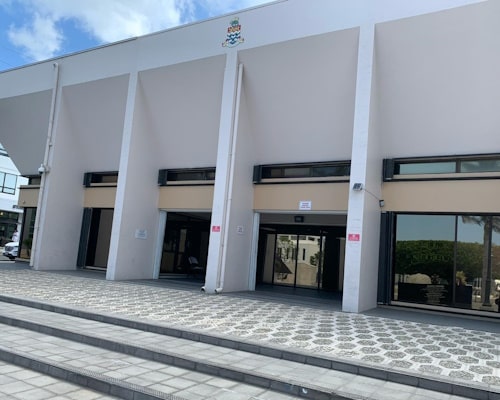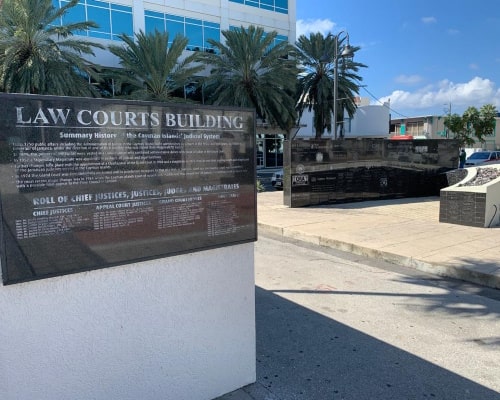ICO to put procedure problems on fast track
(CNS): People making freedom of information requests are still frequently running into procedural difficulties with many public authorities, so the Information Commissioner’s Office (ICO) is launching an initiative to fast track technical problems outside of the formal hearing process. As Right to Know Week gets underway, Jan Liebaers, the acting information commissioner, said that on many occasions delays, timeline overruns, incorrect applications of the law or a half-hearted approach to requests are holding up legitimate public access to information.
As a result, some FOI requests are ending up in internal reviews, appeals and hearings when the dispute is not about an authority’s legitimate belief that the records in question are exempt but because they have either ignored the request or not gone about things in the correct way. However, the ICO has plans to address procedural problems as early as possible in the process and improve efficiency and outcomes in such cases.
Some public entities are still not issuing acknowledgements within the ten-day time frame, automatically asking for an additional 30 days without offering a reason, failing to respond at all, or refusing access without explaining why or because of an incorrect application of the law. The ICO has found that people using the law are still regularly encountering such problems, which for some requesters has significant ramifications.
Liebaers explained that the law is not there just for the big topic items that appear in the press that might cause government embarrassment; a large number of requests in Cayman come from people seeking their own personnel, medical, immigration, criminal or other records. In these circumstances the request for information is very personal to them and may have a direct impact on major life challenges, such as the hunt for a job, access to a mortgage or other loan, health care, grants and scholarships, visa or other applications.
The use of FOI in Cayman is very different from other countries, Liebaers said. In the United States it is used very heavily by business and corporations to get an edge on what plans governments, states and public authorities might have that could impact their future. Because Cayman allows completely anonymous requests it is more difficult to tell who is making them but a significant number are simply personal records. As far as the ICO can tell, there appears to be very little in the way of requests from the business community, he told CNS.
With the man in the street accounting for a large proportion of requests, Liebaers said his office is concerned that information managers in some cases are fobbing off applicants without going through the proper process. Throughout this week the ICO will be urging the public not to give up their quest for information at the first refusal or as a result of delays or a lack of response. He said the law is very clear about what the public can see and in many cases the people’s rights are being overridden due to poor procedural practices.
“I am still astonished by the numbers of applicants that tell us they gave up when they were told they could not have certain documents which they were entitled to see and were not given a proper reason for a refusal,” he said. “We want people to understand their rights and that refusals must be based in law.”
He urged applicants not to give up seeking the records they want, especially if they are important to them. “We want people to know that they have rights and to understand the law better and its provisions.”
The goal of addressing procedural problems by putting them on a fast track is not only to encourage the release of information but to improve the work of information managers. Liebaers pointed to concerns that some public authorities have appointed junior civil servants to the job who do not yet have the necessary skills or experience to deal with FOI, or it is handed to more senior staff that have countless other roles. The result is ongoing procedural problems made worse by the still limited proactive release of information by many authorities.
Liebaers confirmed that there are some departments that are getting it right and who are doing really well with publishing as much as they can and responded quickly to request, while others are causing significant problems.
After the Freedom of Information unit was allowed to dwindle away there have been no in-house seminars for information managers. That unit was established to help with implementation as well as ongoing training, support and advice for IMs. In its absence, Liebaers said his office would be conducting seminars this coming year to assist civil servants with the law and it procedures.
Category: Government oversight, Politics




































